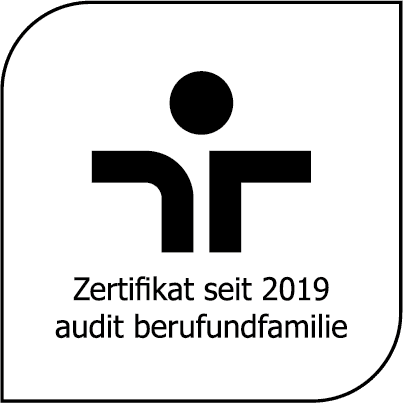Test instruments sorted
Contact person for the Open Test Archive
Gülay Karadere (Dipl.-Psych.)
Research Associate
guek@leibniz-psychology.org
ZAGG
Fragebogen "Zwangsassoziierte Gedanken und Gefühle"
Short abstract
The ZAGG enables the assessment of metacognitions in obsessive-compulsive disorders. It comprises a total of 41 items, which are divided into three dimensions "thoughts and feelings of worthlessness", "control - responsibility - perfectionism" and "doubt". On the basis of a pilot study and with reference to expert judgments, the dimension and items were formed from ten characteristic topic areas for obsessive-compulsive disorders. Reliability: The internal consistency according to Cronbach of the subscales was between α = .94 and α = .84. The retest reliability after 5 days was rtt = .85 for the first subscale, rtt = .75 for the second, and rtt = .72 for the third subscale. Validity: The convergent validity was examined by correlation with the Y-BOCS and the IBRO. The questionnaire correlates with the Y-BOCS and the IBRO especially in the doubt subscale. Discriminant validity was examined with the BAI and the BDI for je anxiety and depressiveness. The subscale on worthlessness correlated with the BAI and the BDI, indicating a low discriminant validity of this subscale.
Leibniz Institute for Psychology (ZPID). (2022). Open Test Archive: ZAGG. Fragebogen "Zwangsassoziierte Gedanken und Gefühle". Available at: https://www.testarchiv.eu/en/test/9006351
Citation
Neumann, A., Reinecker, H. & Geissner, E. (2022). ZAGG. Fragebogen "Zwangsassoziierte Gedanken und Gefühle" [Verfahrensdokumentation und Fragebogen]. In Leibniz-Institut für Psychologie (ZPID) (Hrsg.), Open Test Archive. Trier: ZPID.
https://doi.org/10.23668/psycharchives.5248
Short information
Short Name ZAGG
English Name Clinical Questionnaire for the Assessment of Metacognitions in Obsessive Compulsive Disorders
Authors Neumann, A., Reinecker, H. & Geissner, E.
Published in Test archive 2022
Copyright/Licence Copyright Authors; CC-BY-SA 4.0
Language versions deu
Construct Obsessive Compulsive Disorder
Application age Adults
Item number 41 items
Subscales 3 subscales: (1) Thoughts and feelings of worthlessness, (2) Control - Responsibility - Perfectionism, (3) Doubt
Application Time No time limit
Interpretation time 5-10 minutes
Internal consistency: Cronbach α = .84-.94. Retest reliability: (5 days-interval) rtt = .85 (subscale 1), rtt = .75 (subscale 2), rtt = .72 (subscale 3).
Findings on construct validity
No Norms; Reference values: Means and Standard Deviations
Applications Therapy, Research
There is no abstract in English available. Short information about the measure can be found under Overview. More can be found on the German pages.
There is no review in English available. Short information about the measure can be found under Overview. More can be found on the German pages.
First published in
Neumann, A., Reinecker, H. & Geissner, E. (2010). Erfassung von Metakognitionen bei Zwangsstörungen. Diagnostica, 56 (2), 108-118. https://doi.org/10.1026/0012-1942/a000013 PSYNDEX Dok.-Nr. 0227740
Contact information
Prof. Dr. rer. nat. Edgar Geissner, Diplompsychologe, Psychologischer Psychotherapeut, Supervisor, Department Psychologie, Abt. Klinische Psychologie und Psychotherapie, Ludwig-Maximilians-Universität München
Dr. Angelika Neumann, Dipl.-Psych., Praxis für Psychotherapie, Pfauengase 23, D-89073 Ulm
Prof. em. Dr. Hans Reinecker, CIP Ambulanz Bamberg, Fleischstraße 17, D-96047 Bamberg

 Learn more about us!
Learn more about us! 
